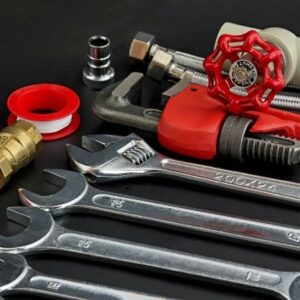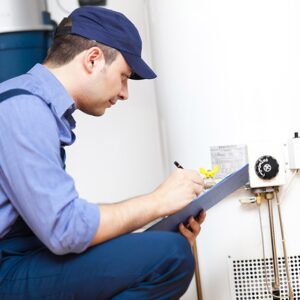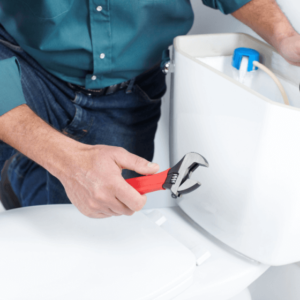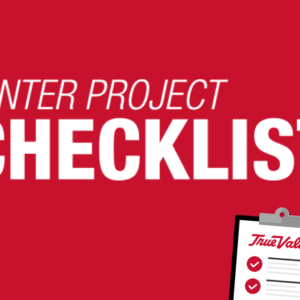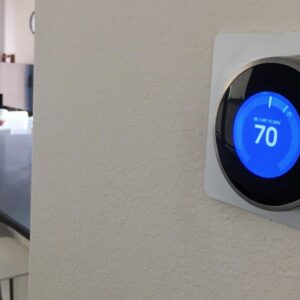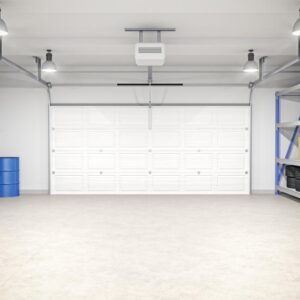One of nature’s most potent forces, the hurricane, often catches homeowners by surprise. Not only do coastal communities face punishing winds, but storm surges can also cause rising tide levels and floods. Even inland, many areas see storm damage, flooding, and developing tornados along the outer storm bands as a hurricane passes overhead.
With all the risks associated with hurricanes, you might be wondering how you can prepare both home and family to weather the storm. Fortunately, there are a variety of things you can do to stay hurricane-ready.
Essential Items to Stock at Home for Hurricane Readiness
- Flashlights
- Candles
- Lighters
- Matches
- Weather radio, preferably with a crank for self-charging
- Generator
- Gasoline
- Canned food
- Bottled water
- Bandages
- Bacterial disinfectant
More Information About Hurricane Readiness
While a list of important items is helpful when preparing before a big storm, here are some more useful tips.
Hurricane Watch vs. Hurricane Warning
When you get weather alerts on your smartphone or local news, some jargon can get confusing. Knowing the difference between a watch and a warning is essential. A hurricane watch indicates that the current conditions are ideal for an area to experience one. A watch notifies people in the area that strong storm conditions are possible.
A hurricane warning, on the other hand, should be taken much more seriously. When your area experiences a hurricane warning, your community is in for a significant storm. Weather authorities send out warnings to provide you with an opportunity to prepare for the coming hurricane. Three main preparations should be completed before a hurricane: creating an emergency list, readying a home, and stocking a vehicle with supplies.
Hurricane Prep List
Having a plan is one of the most crucial components of getting ready for a hurricane. A hurricane prep checklist is one way to ensure your home and family stand ready for an imminent weather event. How do you prepare a hurricane prep list and the most essential items for your family’s well-being? It’s easier than you think! Simply compile a list of items and actions that cover basic survival needs such as food, water, and clothing.
Here’s a sampling of some items you might want to have on your hurricane prep checklist:
- Make sure your emergency supply bag is full of essential survival items that aren’t expired or otherwise off.
- Charge your smartphone and other electronic devices.
- Locate community storm shelters in your area, and plan alternate routes should certain roads become impassable.
- If you have pets, ensure your local storm shelter allows them inside.
- Make a list of emergency numbers, and include them in your smartphone contacts.
Prepare Your Vehicle
One of the best ways to prepare for a hurricane concerns your car. During a heavy storm, you wouldn’t want to be fueling up, so make sure the tank is full. Remember that emergency supply bag on your hurricane preparedness checklist? Place it in your car or truck so everything’s set in case the family needs to travel. The Federal Emergency Management Agency (FEMA) has a list of items that are critical to have in your vehicle in the case of hurricanes, including:
- Nonperishable food
- First aid
- Bottled water
- Extra clothing
- Blankets
Prepare Your Home
You can do several things to help protect your home from a hurricane or at least minimize damage. First, you should gather up all the loose items in your yard. “Loose items” don’t just include small items, either. These loose items could include:
These loose items lying about could potentially become projectiles during high wind.
One of the home’s most vulnerable areas during a hurricane is the windows. You’ve likely seen people on the news boarding up windows with plywood in preparation, and for good reason. It’s not so much that the wind alone will cause window damage; it’s that debris can crash into the glass and shatter it, which raises the chances of interior damage occurring.

Storm shutters are one permanent option for window protection that looks more attractive than plywood. These shutters come in various styles and are specially designed to protect during hurricanes. These storm shutters can close over the window and latch shut, providing an excellent barrier against debris.
Another good idea for how to prepare your house for a hurricane is to equip it with a flood alarm. A flood alarm detects water flooding in the lower areas of the home, such as a basement, alerting homeowners. In addition, you should consider purchasing a sump pump as an efficient means of removing standing water.
Regarding generators, it’s essential to practice safe operation to prevent electric shock and toxic air. Always place a generator outdoors and away from entry points into the home like air conditioning equipment. Also, depending upon the unit, some generators must be grounded using a specialized rod or require other accommodations per the instruction manual. Please thoroughly read the included manual for your specific generator to ensure you’re practicing proper safety during operation.
Lastly, standard home insurance policies don’t often cover flooding, but you can still purchase a separate policy for flood damage. While flood coverage can be costly, it may offer some peace of mind in the aftermath of a hurricane.
Stick It Out or Hit the Road?
Many homeowners struggle with one thing as a hurricane heads toward their community: whether they should stay or flee. Fortunately, weather authorities help determine the danger and, if severe enough, will order an evacuation. You’ll need to make the call if the national weather service doesn’t place your neighborhood in a mandatory evacuation zone.

If you decide to stay, consider identifying the safest room you and your family can take shelter in within the home. This room will become critical should the storm begin taking a toll on your house.
Some criteria for a suitable shelter room include:
- First floor
- In a centralized area within the home
- No windows
It’s challenging to determine the best course of action during a hurricane, including whether you should stay home or seek shelter elsewhere. However, if you decide to travel, it must be before the hurricane arrives. One of the worst decisions you could make would be traveling in the thick of the storm. Downed power lines, blocked roads, and flying debris could leave you stranded in your vehicle without help until the storm passes.
Get Prepared
While many of the steps outlined here are common sense, they can be challenging to remember during the chaos of a storm. Preparing your family, pets, home, and vehicle before a hurricane is the best way to combat Mother Nature. Understanding weather terms, making a hurricane preparedness checklist, and having a plan will help get you and your family through the worst of it.
Don’t forget to consistently check weather broadcasts or local news social media pages before and during the storm for updates. Their expert advice can help you make the best choices for your family, including when it’s time to evacuate. For this reason, weather radios can be one of the most vital tools you have at your disposal in the event of power loss.
Another great resource that stocks everything you might need on your hurricane-ready checklist is True Value. With thousands of hardware products, DIY blogs, and more, True Value has been a trusted and helpful partner aiding homeowners for over 70 years. Check out True Value using this convenient store locator tool and ensure you’re ready for hurricane season.

